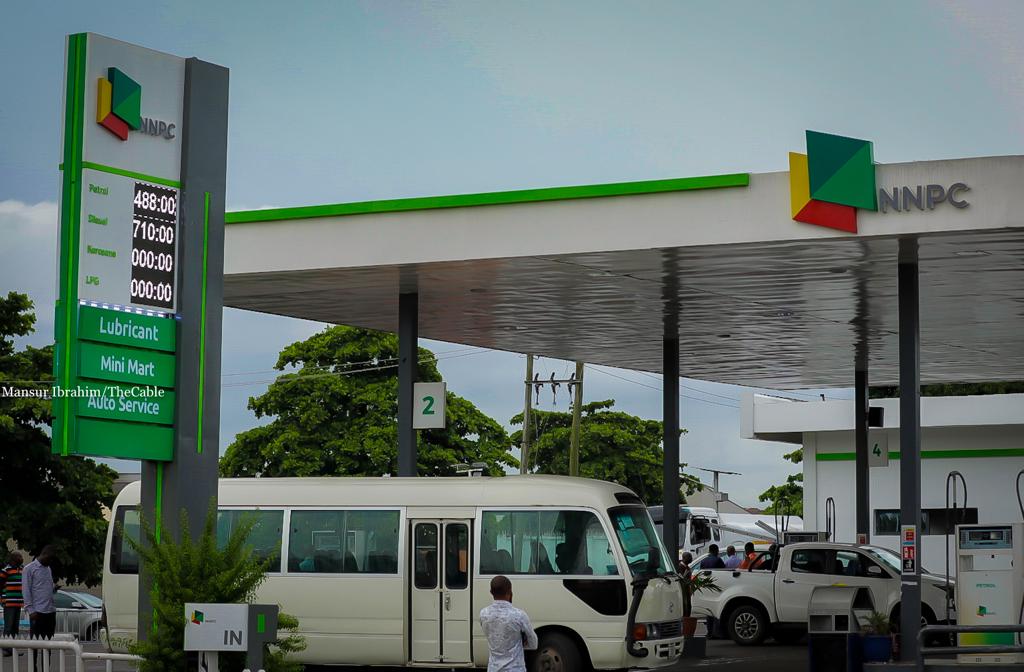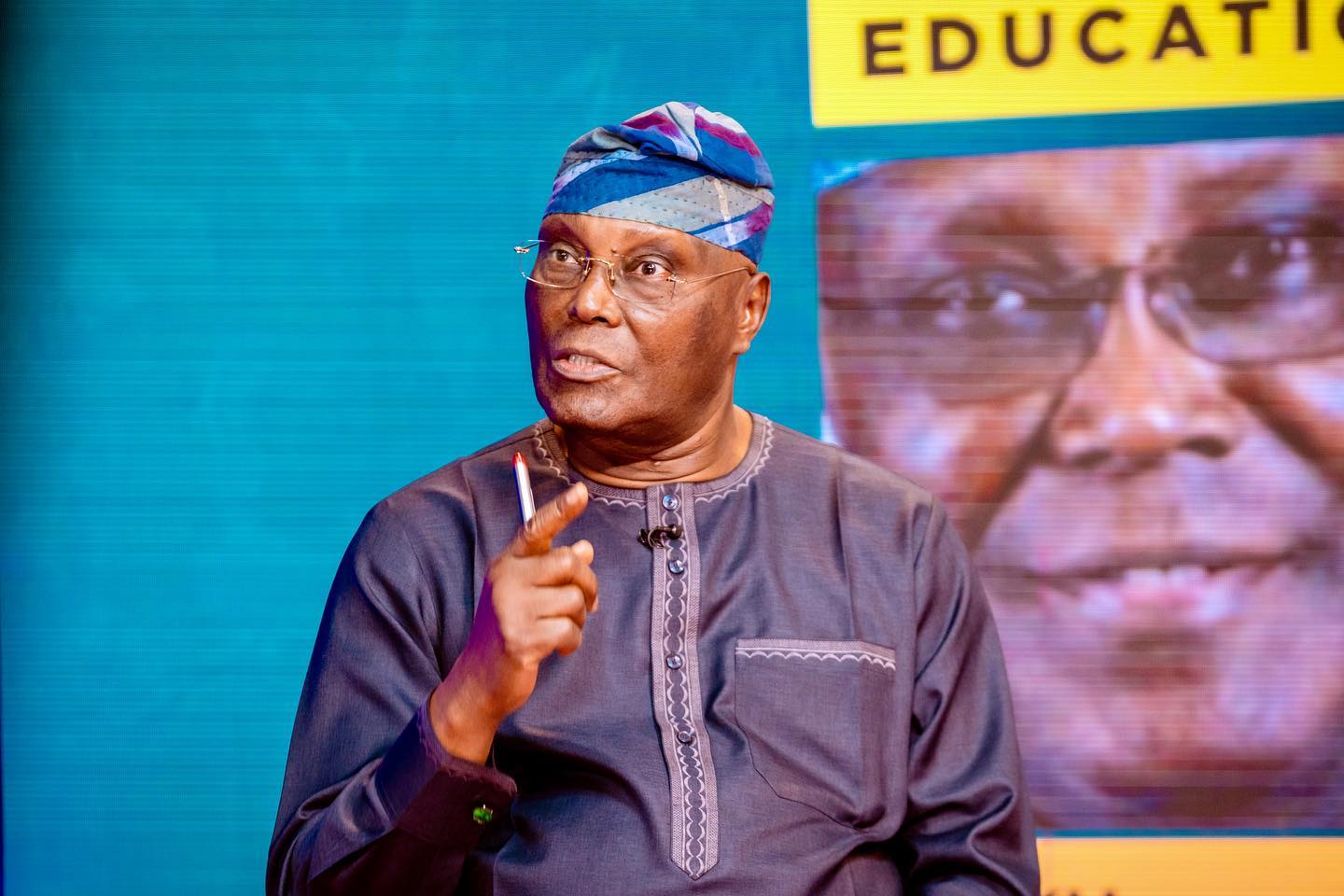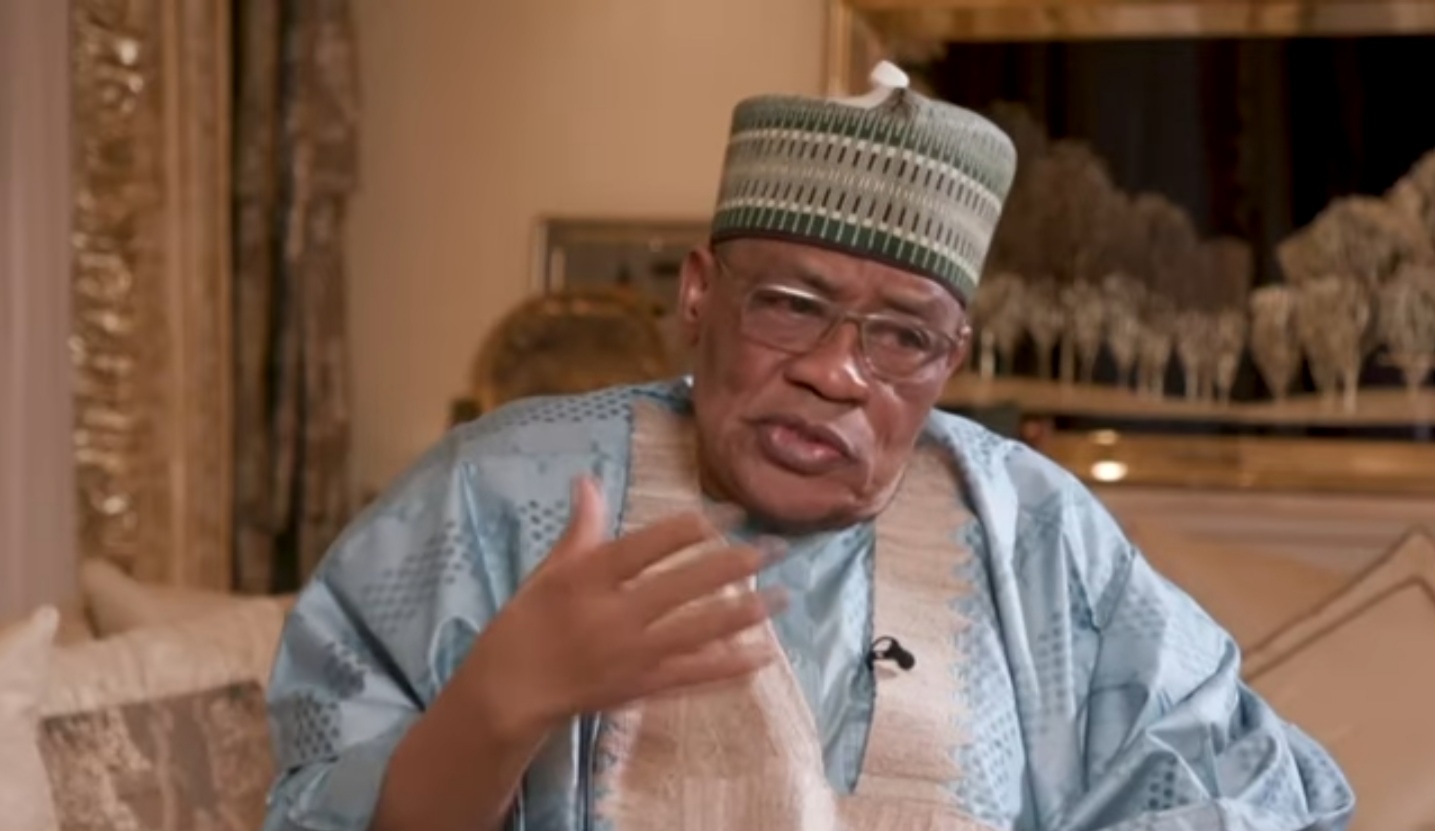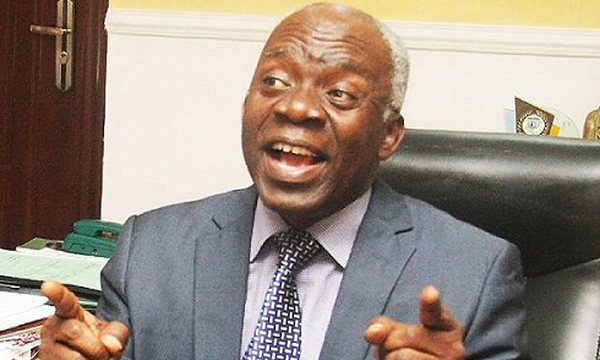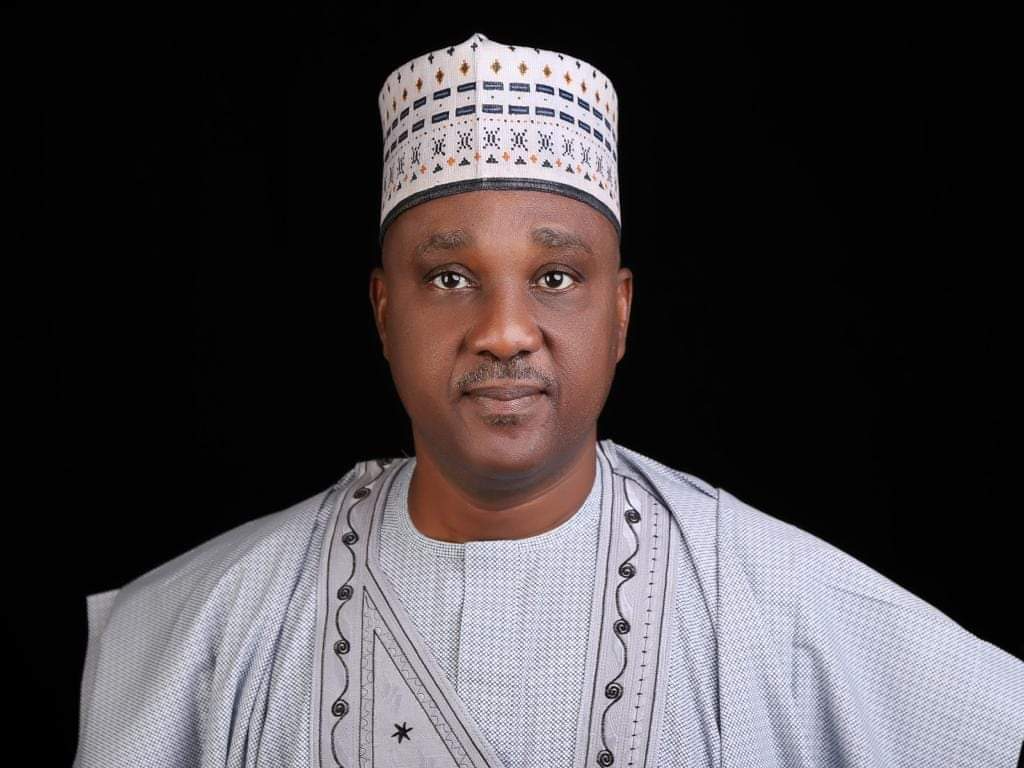The policy advisory council of President Bola Tinubu has recommended that the federal government becomes a minority shareholder in the Nigerian National Petroleum Company (NNPC) Limited before May 2027.
The report, dated May 2023, was submitted by the energy and natural resources subcommittees of the council.
It forecasted that the federal government will rake in about $17 billion from the sale of NNPC’s majority stakes in oil and gas assets.
The members of the committee are Austin Avuru, Olu Verheijen, AbdulRasaq Isa, Bashir Bello, Ifeanyi Ajuluchukwu, Doyin Akinyanju, Tinuade Sande, Ahmad Zakari, George Etomi, Nasiru Wada, Mohammed Abbas, and Segun Lawson.
Advertisement
Before the end of the present administration, the committee advised the NNPC to form global strategic partnerships with other coventurers.
The committee projected that the NNPC will sell down interests in joint ventures (JVs) to a minority position and develop an operating model that eliminates cash calls.
The committee said the current administration should divest its interests in the country’s refineries as well as build Nigeria Liquefied Natural Gas Limited (NLNG) operating model.
Advertisement
“Bring remaining Brownfield project on-stream including 10 critical gas projects, oil and gas projects post field development plan (FDP), and pre-FID,” the report reads.
“Bring Greenfield projects to FID to grow production, such projects included deepwater oil and NAG (non-associated gas) projects, develop offshore gas hub, and FLNGs (floating LNGs).”
According to the report, Nigeria is currently producing 3.5 billion cubic feet (bcf) per day in gas output capacity, 1.4 million barrels of oil per day, and 2,500 thousand tons per annum (kta) in petrochemical capacity.
By 2030, the committee projected that gas production capacity will increase to 12 bcf per day, oil production capacity to 4 million bpd, and petrochemicals capacity to 7,5000 kta.
Advertisement
TARGET FOR FIRST 100 DAYS
The committee advised the government to unify the exchange rate window before the end of August 2023 — a policy Tinubu had said his administration would implement.
The re-organisation of the Nigerian Upstream Petroleum Regulatory Commission (NUPRC) and Nigerian Midstream and Downstream Petroleum Regulatory Authority (NMDPRA) as well as head-hunting of “competent, tested, reform-focused leaders” in NNPC were also proposed by the committee.
The council asked the government to deregulate petrol pricing (a recommendation which has been implemented) and execute a federal direct cash transfer programme.
Advertisement
The council called for a reform of the operations of the military task force on oil theft with clearly defined key performance indicators (KPIs).
The government was enjoined to “signal determination to end insecurity in oil-producing states (Imo, Delta, Ondo, Rivers, Bayelsa, Akwa-Ibom) by engaging key political and community stakeholders” as well as “transition to market prices for gas”.
Advertisement
TARGET BEFORE DECEMBER 2024
The council advised the government to consider integrating NUPRC, NMDPRA, and Nigerian Content Development & Monitoring Board (NCDMB) into a single regulator or place all midstream activities under NUPRC.
Advertisement
Tinubu’s administration was advised to “mandate NNPC and NUPRC/NMDPRA to close out outstanding divestments and contract issues for project delivery clarity”.
The council also recommended that the administration should strip “NNPCL of policy-making roles and keep NCDMB within its Act mandate”.
Advertisement
The advisory council also called for the expansion of domestic gas reserves and the promotion of the development of a diversified oil and gas industry by implementing reforms in the Petroleum Industry Act (PIA), including the National Gas Transportation Network Code (NGTNC).
Proposing the development of a sustainable financing model to boost oil and gas development projects, the council stressed the need for the government to facilitate a third-party gas pricing framework for the export market.
Tinubu’s administration was also urged to “enact fiscal enablers for NAG and deepwater via Finance Act and expand stabilisation in PIA to cover full credit for post-FID levies and taxes”.
“Bring ready Brownfield Project onstream from 10 critical gas projects and oil projects at FID,” the report added.
Add a comment
